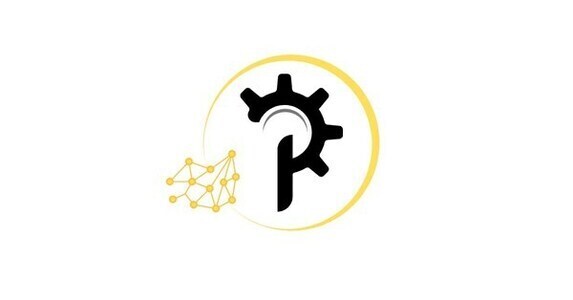Blockchain was made popular in 2008 to serve as the public transaction log for the cryptocurrency bitcoin. However, as the world quickly discovered, the fundamental technology that underpins Bitcoin may be used for other things. It is a safe and highly decentralized network. What, though, is Blockchain? It is a peer-to-peer network of nodes or blocks connected by cryptography that keeps track of transactions in a common database.
Originally created to facilitate transactions of cryptocurrencies, blockchain has expended beyond bitcoin trading. It has now been incorporated into governmental services. Blockchain is already widely utilized at the administrative level for notarization, maintaining digital identification systems, issuing certificates and educational qualifications, and trusted data exchange. It may, however, accomplish much more. By reducing fraud, waste, and abuse in government services and improving administrative trust and accountability, this technology may help with data management and operations in such diverse sectors as foreign aid, smart contracts, law enforcement, central banking, and public healthcare.
The latter, health care, has much to gain from the integration of blockchain technology. One initiative of notice, that is already working towards that end, is Coral Health in New York. Coral Health connects physicians, laboratories, and public health authorities via blockchain ledgers. Additionally, the business uses smart contracts to streamline administrative procedures and guarantee the accuracy of patient data and treatment plans. The usage of blockchain by Coral Health to expedite the healthcare process results in speedier, safer treatment and better health outcomes. Improving provider databases, which are a pain point for both patients and doctors since they are often inaccurate and out of date, will be another major selling point of the project.
Integrating smart contracts into the systems that support public health is something that has being discussed for a long time. A smart contract is a computer program or transaction protocol that automatically executes, controls, or documents legally significant events and activities. They're made to lessen the necessity for a reliable middlemen, the expense of arbitration and enforcement, fraud losses, and purposeful and unintentional exclusions. Potential benefits include making billing for healthcare easier and more cost-effective because peer-to-peer transactions are possible in this model, ensuring that payments are transparent and direct.
These are only a few of the numerous potential advantages of blockchain for health care and government. Blockchain is shaping the future and we all should be paying close attention to new developments.







